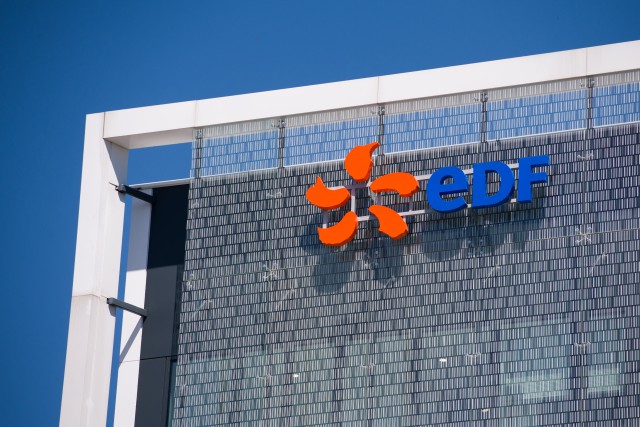A major energy supplier in the UK is set to reduce energy bills for hard-up households this winter. EDF has unveiled a £40 million support package, which includes rolling back standing charges to pre-energy crisis levels for its most vulnerable customers.
Lower Bills for Vulnerable Customers
EDF's support package aims to alleviate the burden on struggling households by reducing standing charges. Standing charges are fixed amounts that customers must pay on their energy bills, regardless of their energy usage.
Daily standing charges have increased significantly for households, with an average increase of 107% on gas and 8.2% for direct debit customers since April 2021. Meanwhile, existing schemes like the warm home discount have remained unchanged despite soaring energy bills.
To help those in need, EDF will allocate over £15 million to boost its support. At least 260,000 warm home discount customers will benefit from a rollback of standing charges to pre-crisis levels for the first quarter of 2024. Eligible customers will receive a £30 credit in December, effectively reducing daily standing charges from 87p to 56p from January to March.
Additional funding will also be provided for EDF's customer support fund, which offers debt relief and energy-efficient white goods to those in need.
What is a Standing Charge?
Standing charges typically contribute around £300 to a household's yearly energy bill. Despite a recent drop of £426 per year in energy bills, standing charges have remained the same.
The high standing charges have been heavily criticized by MoneySavingExpert and financial expert Martin Lewis, who described them as a "moral hazard." Lewis argued that it is unfair for customers to pay a fixed amount just for the provision of gas and electricity, regardless of their usage. He also highlighted that high standing charges disproportionately affect low-energy users, as their potential savings from reducing usage are limited.
Currently, the standard standing charges for a typical household are as follows:
- 7.51p per kilowatt hour (p/kWh) for gas
- 30.11p/kWh for electricity
- A standing charge of 29.11p per day for gas
- A standing charge of 52.97p per day for electricity
Starting from October 1, Ofgem will introduce new rates that include:
- 6.89p per kilowatt hour (p/kWh) for gas
- 27.35p/kWh for electricity
- A standing charge of 29.62p per day for gas
- A standing charge of 53.37p per day for electricity
What Are Other Suppliers Doing?
While EDF and Octopus Energy are taking steps to reduce standing charges, other suppliers may have different approaches. It is recommended that customers check with their providers to see if they are offering any additional support.
The supplier Utilita Energy does not have a standing charge, meaning customers pay nothing if they don't use any energy. Octopus Energy has also announced a £40 million support package, which includes a 4% reduction in standing charges for dual fuel customers on its standard variable tariff.
British Gas charges customers a standing fee according to the rates mentioned above, while Ovo has confirmed that it will not pass on the increased charges starting from October 1.
Getting Help with Energy Bills
There are various options for households seeking assistance with their energy bills this winter. Local councils often have a Household Support Fund (HSF) that provides financial aid to those in need. Eligibility criteria vary, but the funds are typically distributed to individuals on a low income or benefits.
Customers with traditional or smart prepayment meters can access "emergency credit" if they run out of money on their meter. Providers like Scottish Power, Octopus Energy, and British Gas offer emergency credit options, although the amounts available may differ.
Furthermore, some organizations, such as the Fuel Bank Foundation charity, offer one-off top-up vouchers for energy meters. These vouchers can be obtained through local organizations like food banks and Citizens Advice.
If you're struggling with your energy bills, it's important to contact your supplier as soon as possible. They can provide advice and guidance tailored to your situation.
Did you miss our previous article…
https://hellofaread.com/money/brits-favourite-bakery-chain-closes-down-town-centre-store-but-hope-is-not-lost-for-hungry-shoppers/








